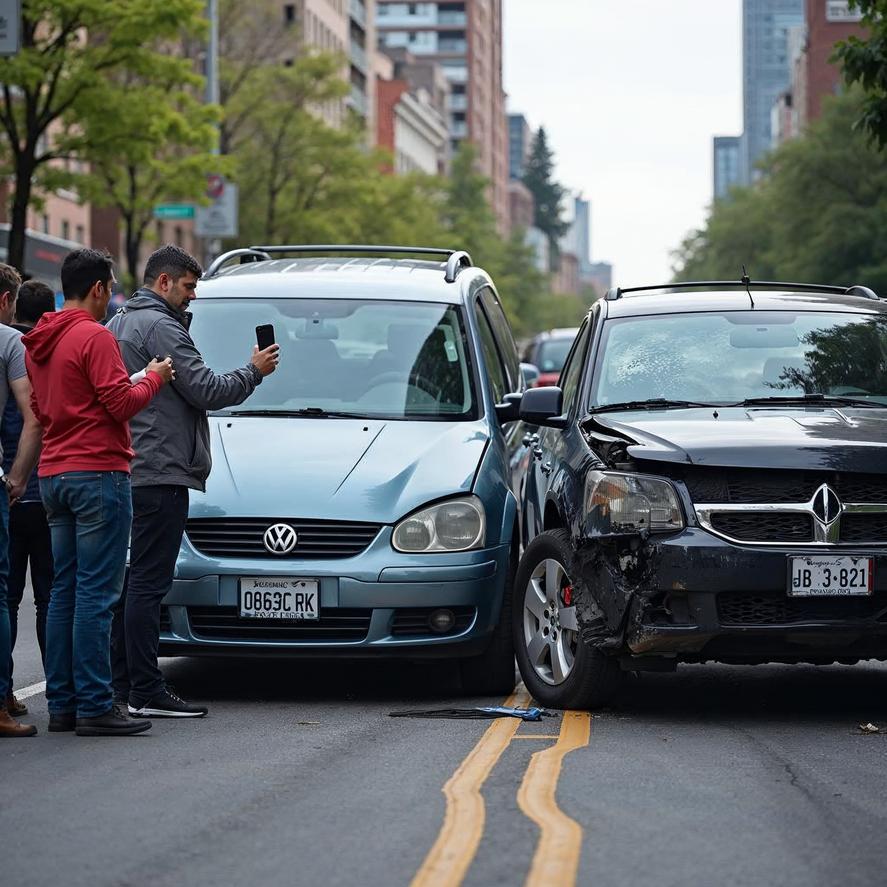
Unfortunately, based on your response, you may not qualify to file a claim. Most personal injury cases must be filed within two years of the accident, in accordance with the statute of limitations. Please consult with a licensed attorney to explore any possible exceptions or additional options.
Rear-end collisions are among the most common types of vehicle accidents on Seattle's roads. They often occur due to sudden stops, distracted driving, or unsafe following distances. If you have been involved in a rear-end accident, it is crucial to understand how to file a claim properly to protect your rights and obtain the compensation you deserve.
Immediately following the accident, ensure everyone's safety and call 911 if there are injuries. Even if the crash seems minor, it's important to document the scene and exchange information with the other driver. Take photos of the vehicle damages, accident location, and any visible injuries.
Remember to obtain contact information of witnesses if available, as their accounts can support your claim. Reporting the accident to the police and obtaining an official accident report can also be essential for your case.
Supporting documentation strengthens your accident claim. You should collect:
Having these documents organized will facilitate the claim process and help you accurately present your case.
After the accident, notify your insurance company promptly. You can learn more about the detailed claim submission process and what to expect on the checklist for filing a rear-end accident claim. Your insurer will typically assign an adjuster who will investigate the incident and evaluate the damages.
It’s important to be honest yet cautious when communicating with insurance representatives. Keep detailed records of all conversations and written correspondence.
The extent of your settlement depends on factors including medical expenses, lost wages, vehicle repairs, and pain and suffering. You can use a settlement calculator to get an estimate of potential compensation based on your circumstances.
If negotiations with the insurance company become challenging or your claim is denied, understanding how to handle denied claims can be critical to protecting your interests.
Seattle drivers should be aware of local traffic laws and guidelines that could affect liability in rear-end crashes. Distracted driving remains a leading cause, so always exercise caution and maintain safe distances.
For more authoritative statistics and safety tips on rear-end collisions, visit the National Highway Traffic Safety Administration.
Filing a rear-end accident claim in Seattle requires careful attention to detail and prompt action. By following the proper steps—documenting the accident, gathering necessary evidence, and understanding the claim process—you can better ensure a fair outcome. Should you need further guidance on accident claims, the resources available at MVAClaim.com's FAQ section can provide helpful insights.
Unfortunately, based on your response, you may not qualify to file a claim. Most personal injury cases must be filed within two years of the accident, in accordance with the statute of limitations. Please consult with a licensed attorney to explore any possible exceptions or additional options.